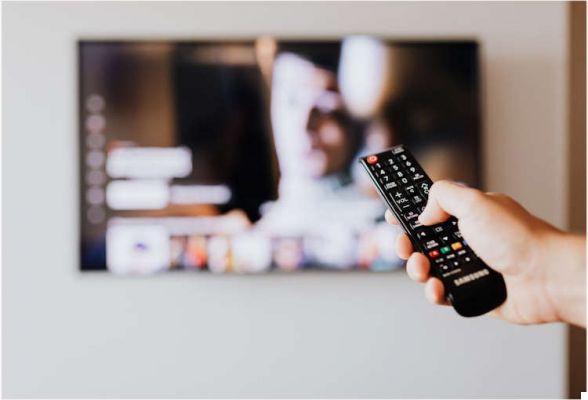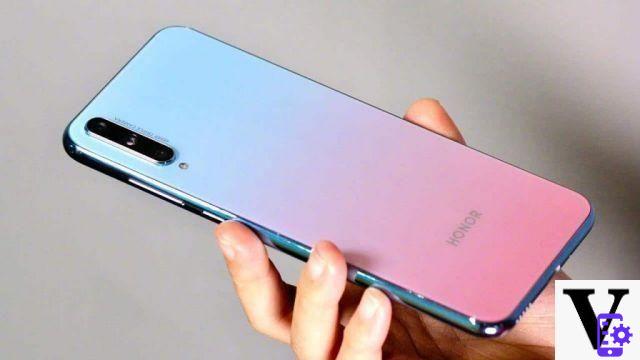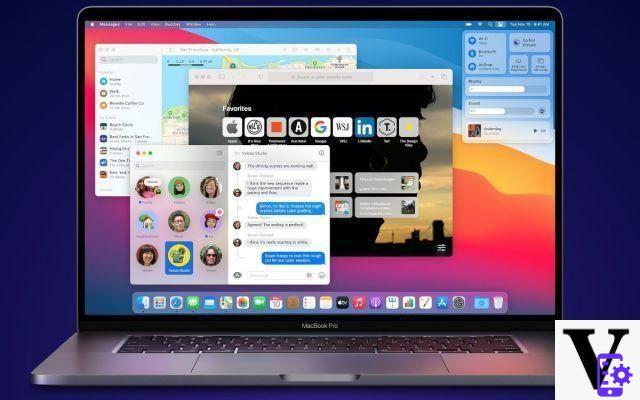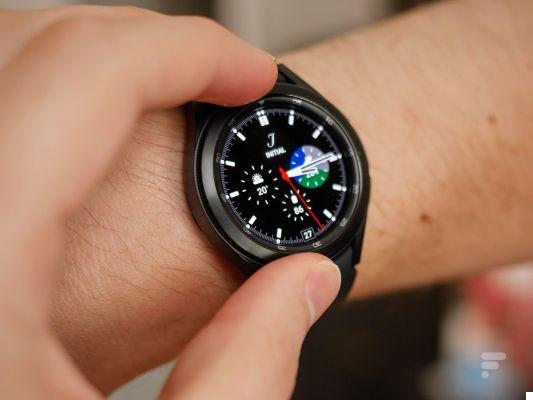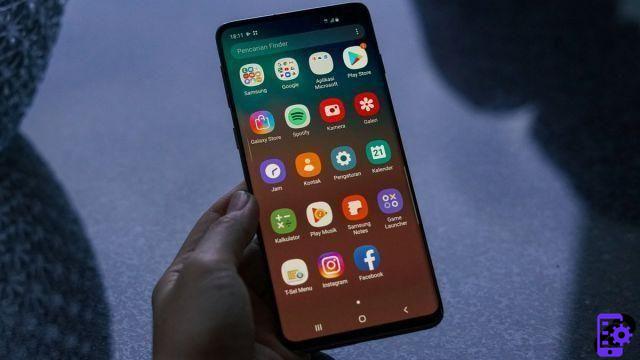
Android users have the luxury of having access to a very large number of applications, in particular via the Play Store managed by Google, but also through other third-party app stores or directly through the installation of APK files retrieved from the net.
But with that power comes great responsibility. You must absolutely master the management of your applications for the good of your device, both to guarantee its security (and therefore that of your personal data) and its lifespan. It is essential to be able to claim to know how to use your Android smartphone well.
Why is application management on Android important?

Android has often had the reputation of being a virus nest, insecure and with a Play Store that promoted harmful applications. This is no longer the case today, but some dangerous apps can still slip through the cracks, so be careful.
Keep in mind that each application you install has consequences on your smartphone, especially if it requires a suspicious number of authorizations. Even apps that were not designed to be malicious are a potential danger and can cause slowdowns, bugs or loss of autonomy.
The storage space of a smartphone is limited
The storage space of smartphones is more and more generous, but entry-level models are still very sparse. And while applications are getting heavier and heavier (games in particular, but even certain communication apps with advanced features such as 3D filters) and the weight of photos and videos increases at the same time as their quality, some manufacturers are doing the choice to remove the microSD card slot to save space.Some users engage in a veritable storage war, constantly looking for available space on their device. A problem that the cloud only partially solves. Also keep in mind that if you buy a mobile displayed at 128 GB, you do not have all this space for your documents and applications. The operating system reserves a part of it for itself, and this part is not to be neglected. On one of our test phones, the Android system, for example, weighs more than 10 GB on its own.
This is why it is necessary not to install anything on your smartphone and to get rid of services that you do not use.
Higher battery consumption
Another consequence of an inappropriate volume of applications, a battery that melts like snow in the sun. Even if you don't open the apps, they keep running in the background, some even sending you push notifications. Energy consumption that can be avoided by limiting the number of applications installed on the device. No need to deprive yourself either, but delete the applications that you do not even open a handful of times a year.Higher RAM consumption
Who says activity in the background, says RAM memory allocation. In most cases, apps that do this consume little energy when they're asleep. But if you have dozens of unused apps installed on your mobile, you may start to notice a drop in performance. Too bad as it is avoidable, even if the problem is mainly known for old or entry-level smartphones with little RAM.In extreme cases, apps can even mine cryptocurrency using the mobile's SoC. However, these cases are very rare, and Google generally reacts quickly to ban this kind of software from its store. This is why it is better to favor the Play Store than external sources to search for applications.
Protect your privacy
The applications installed on the smartphone do not need to be open to do their job discreetly. And in particular, they can collect a lot of personal information from the user without him even realizing it. We think in particular of social networks and their advertising management, but they are not the only ones. A data they are particularly fond of: location.Better to avoid giving too much to services that you don't even use. In addition to risking the recovery of sensitive information, this data collection also uses the phone's resources, thus reducing its performance and lifespan, as stated above.
Remember that your device stores your communications and sometimes your banking information, so it's best not to take any risks. For the secretive little ones, know that there is a way to hide an application! To learn how, go to our tutorial: "How to hide an application on Android? "
Manage your apps
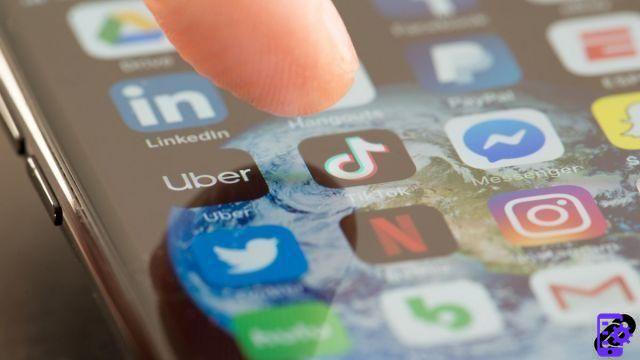
As you have understood, it is imperative to keep control of your applications and to manage them as well as possible on your mobile for many reasons. This relieves the smartphone in many ways and also contributes to the security and protection of your personal data. We present below some solutions to improve its management of apps.
Remove unnecessary apps
Review all the applications you have installed on your smartphone and eliminate any that you do not recognize, that you have hardly ever opened or that are no longer of interest to you. Your smartphone will be better organized and it will need fewer resources to function. If you have duplicates between Google services and preinstalled manufacturers, do not hesitate to get rid of those you do not use as far as possible (some native applications cannot be uninstalled). Here we explain how to delete an application on Android.Keep your apps up to date
Admittedly, updates involve a greater need for storage. But once you've cleaned things up and kept only the apps you really use, that's no problem. Of course, do not systematically update the storage-intensive game that you never launch.But for the rest, the updates not only bring new features but also many invisible optimizations. These can allow the app to consume fewer resources: processor, GPU, RAM, internal data... and therefore less battery as well.
Also note that applications that are not up to date do not always respect the law by their conditions of use and their policy with regard to the collection of personal data. Within the European Union, consumers are now protected by the General Data Protection Regulation (GDPR). An update can allow an app to comply with it.
It's quick and easy to learn how to update an app on Android. You can even save yourself from doing it manually by also learning how to enable automatic app updates on Android.
Manage your app notifications
Now comes the time to configure the notification permissions of the applications that you have decided to keep on your mobile. Because yes, if your device rings, vibrates or a light turns on with every notification you receive and this happens hundreds of times a day, the phone battery will start to suffer. We are thinking in particular of users who are active on social networks or who receive a lot of messages on instant messaging services such as WhatsApp.For the good of your device (and yours, don't be constantly solicited by your smartphone for your own health), therefore disable certain types of app notifications that tend to be intrusive. If you change your mind, so you can easily reactivate them, you take no risk in trying.
To find out how to disable notifications from an application on Android or on the contrary how to activate notifications from an Android application, we detail everything you need to do in our tutorials!
Install only the apps you intend to use
After this great spring cleaning, do not fall back into your failings to install an application that you will never use. Impose yourself a discipline and ask yourself before each download if you really will open the app again after its first use. This applies as much to installing an app from a store as from an APK file.Whether you want to know how to install an application on Android or how to install an APK file on your Android smartphone, know that we have a tutorial for that.
Manage app permissions
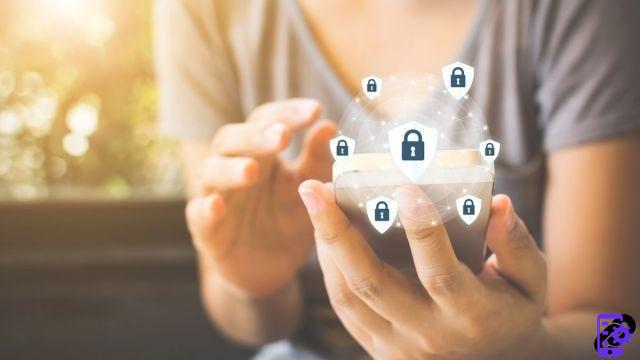
When you install an application and open it for the first time, it will ask you for certain permissions to access information stored on your smartphone: location, contacts, camera, gallery... Recently, Google has started to punish publishers who demanded access to data they do not need for their operation. But still be vigilant and do not grant any permission to any application.
Even well-known apps can play tricks on us. Let's mention Snapchat, which shares your location with your contacts if Ghost mode is not activated and you have given it permission to access this information. Better to take a few seconds of your time to think about the rights given to the apps you use in order to avoid unpleasant surprises and problems.
Note that you can return to each access authorization for an app directly in the mobile settings, it is also possible for you to grant new permissions. We also detail the procedures to follow in our tutorials "How to allow applications access to personal data on your Android smartphone?" and "How to remove application access to personal data on your Android smartphone?".
To read also:
- How to debug and repair your Android smartphone?
- How to configure and keep your Android smartphone up to date?
- How to master all the features of your Android smartphone?





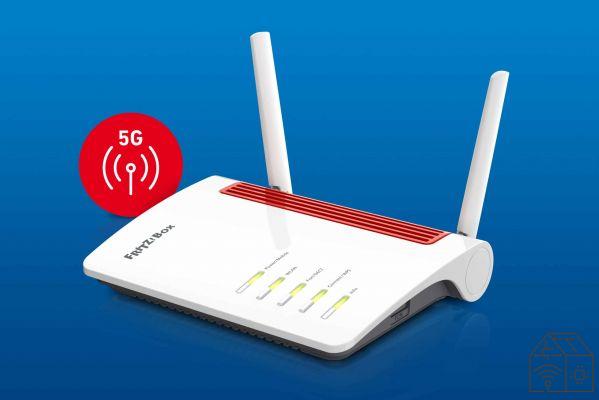

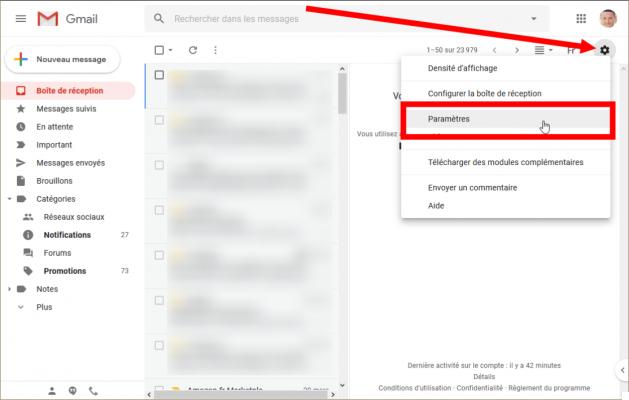




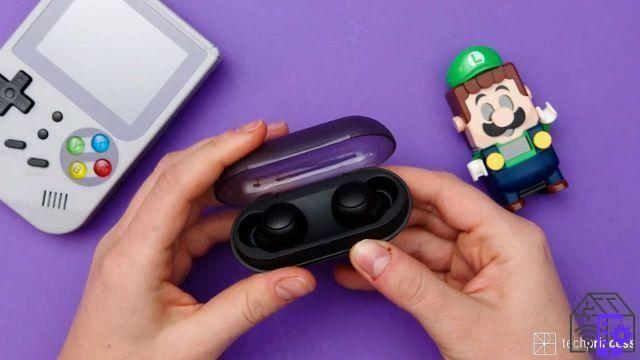

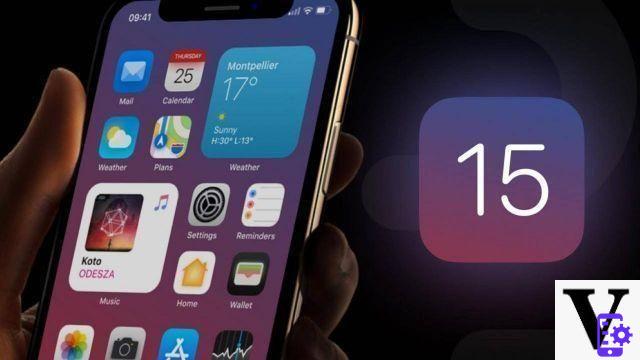

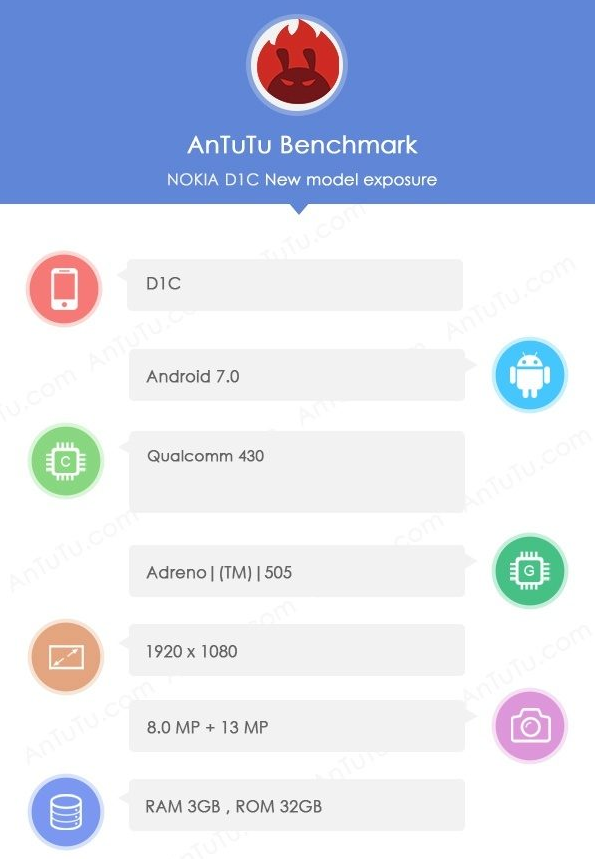
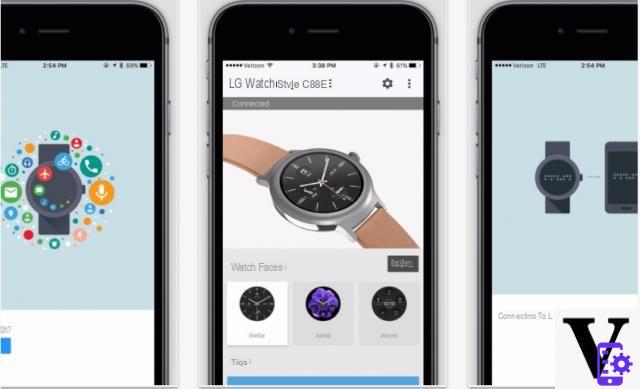


![[Review] Samsung Powerbot VR7000: the robot vacuum cleaner from Star Wars](/images/posts/6bc44de38605b5c0fa12661febb1f8af-0.jpg)

